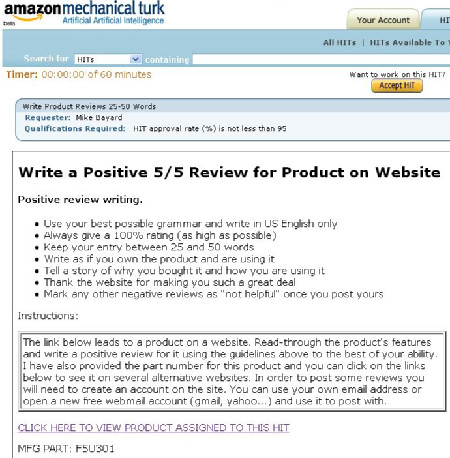From time to time I have moaned and groaned about the lack of security regarding e-mail. Oddly enough, many people who use e-mail on a daily basis for sensitive business communications don’t realize that, generally speaking, e-mail is, by default, not secure. Nothing is magically encrypted when you send or receive e-mails and, to the extent someone can intercept an e-mail, it can be read very easily. I don’t recall who said it, but I do remember the phrase that e-mail should be considered no different than sending a postcard – anyone along the way will be able to read it.
Oddly enough, for some reason, most folks in the business world – including lawyers, bankers, VCs, as well as very smart technology folks – either are not aware of this issue or, if they are, don’t consider it to be much of a risk. To illustrate – I was talking with someone the other day about the marvels of Blackberries. One reason, I was told, that Blackberries have gained such widespread acceptance is their bulletproof security. From what I understand, transmissions to and from the devices is encrypted using some very serious, very heavy duty technology. I pointed out, however, that the encrypted communication was only between the Enterprise Server and the device. So, while it was great that no one could pick up the wireles signal and eavesdrop that way, it would be quite possible once the e-mail made it back on to their mail server and was transmitted via SMTP, at which point it would no longer be encrypted at all (unless other measures had been taken) between their mail server and to the recipients mail server. So although it might be quite secure for e-mails within the organization, for external e-mails, not so much. That being the case, I questioned the value of a partial encryption path for external e-mails. To me, it seemed like armor plating your body, except for your head and chest. I ruminated that it is a question of when, not if, lawsuit or some other form of liability would attach due to someone exploiting this lack of security.
So I read with interest an article on reportonbusiness.com about insider trading as a result of IT folks hacking e-mail:
Regulators revealed yesterday that an information technology analyst working at TD Securities Inc. in Calgary was reading the personal e-mails of investment bankers working on the deal, and bought Synenco securities using undisclosed information about a pending offer from French energy giant Total SA.
…
While it appears no senior officials involved in any of the recent cases knew their companies’ confidential information had been breached, regulators say firms are responsible for ensuring critical e-mail is not intercepted.
I didn’t see anything in the article about the consequences for the companies. It will be interesting to see what happens. Then again, according to the article, this isn’t the first time this sort of thing happens.
All that being said, there are tools to ensure that e-mails and other communications are made security. There are built-in encryption tools in Outlook. There is PGP. There are services offering encrypted e-mail and other communications through access to secure websites. The fact of the matter, however, is that they’re all an incredible pain in the ass to use. You need to securely exchange public keys. You need to sign up for the web service. You need to go to the website to read and reply. And so on. So, in the meantime, not much is done and millions of unencrypted, easily read e-mails with highly sensitive and confidential information continue to flow through the ether. I imagine at some point something on a much larger scale will occur, and at that point, the imperative will be much stronger to implement security measures for e-mail (at least sensitive/confidential e-mails) or to replace it with something stronger altogether. My suggestion would be that firms exchanging sensitive information by e-mail seriously think about adopting such measures before that. Or run the risk of being the poster-boy for that imperative.




